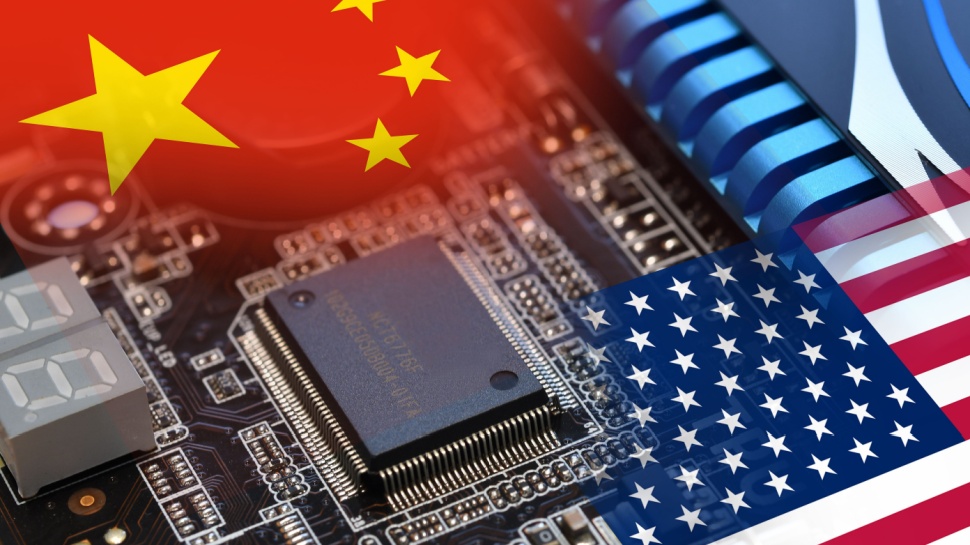New US sanctions on China target chip-making equipment and exports
President Biden set to announce more Chinese restrictions

- Biden administration reportedly planning third wave of semiconductor restrictions
- Chipmaking equipment from Israel, Malaysia, Singapore, South Korea and Taiwan also affected
- China is accelerating efforts to increase semiconductor self-sufficiency
The United States is expected to implement its third major wave of semiconductor export restrictions targeting China’s tech sector in a move believed to affect 140 companies.
If it goes ahead, it would mark another Biden administration effort to curb China’s advancements in artificial intelligence and military applications by limiting the People’s Republic’s access to semiconductor technology.
Toolmakers Piotech and SiCarrier Technology could face tighter restrictions and shipments of advanced memory chips and 24 chipmaking tools to China could be barred altogether, according to Reuters.
US set to up the ante on China
Furthermore, Reuters suggests that more than 100 other Chinese chip equipment manufacturers and two investment firms, Wise Road Capital and Wingtech Technology, could be added to the entity list. Any organizations listed could be prohibited from conducting business with US suppliers without the right licenses, which are rarely granted.
The sanctions also include limited exports of high-bandwidth memory chips that are critical for AI training, and chipmaking equipment produced in countries like Israel, Malaysia, Singapore, South Korea and Taiwan.
However, Biden's restrictions have not come as a shock to China, which is trying to boost production and become less reliant on other nations.
Chinese foreign ministry spokesman Lin Jian previously criticized the US' measures as being harmful to global trade, adding that China would be imposing its own countermeasures to protect domestic companies.
Are you a pro? Subscribe to our newsletter
Sign up to the TechRadar Pro newsletter to get all the top news, opinion, features and guidance your business needs to succeed!
Still, Semiconductor Manufacturing International Corporation (SMIC), which has faced restrictions since 2020, is expected to encounter further curbs.
News of this third major round of chip-related restrictions during Biden’s presidency builds on widespread measures introduced in October 2022. It comes just weeks before Trump takes over office, but despite the change of hands, many believe that Biden’s anti-China restrictions could remain in place.
You might also like
- These are the best processors for all your needs
- China leads in chipmaking equipment spending
- Rent powerful components with the best cloud computing services
With several years’ experience freelancing in tech and automotive circles, Craig’s specific interests lie in technology that is designed to better our lives, including AI and ML, productivity aids, and smart fitness. He is also passionate about cars and the decarbonisation of personal transportation. As an avid bargain-hunter, you can be sure that any deal Craig finds is top value!
